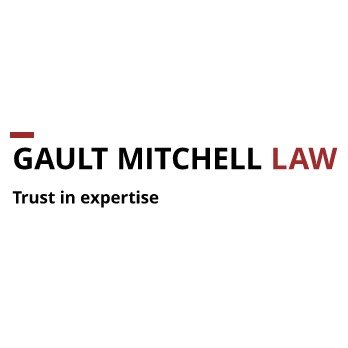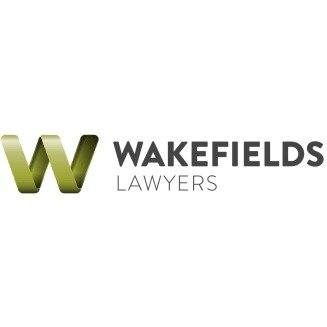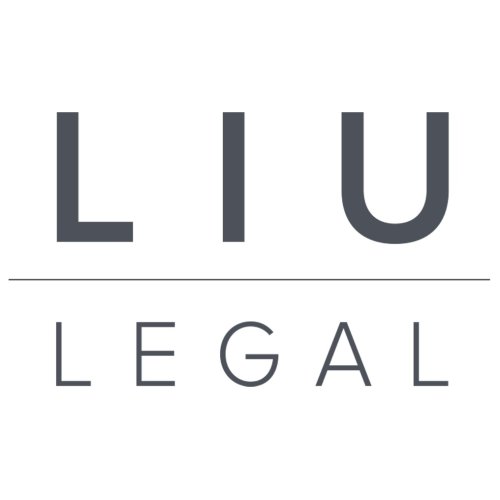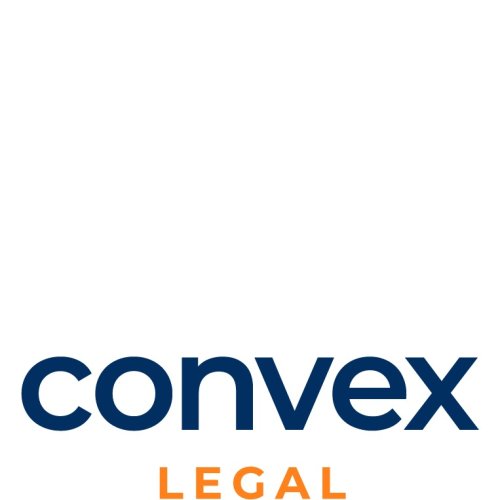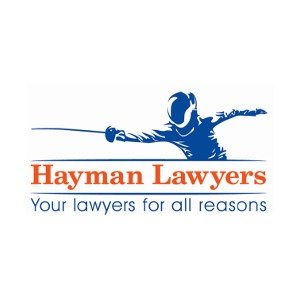Best Antitrust Litigation Lawyers in Wellington
Share your needs with us, get contacted by law firms.
Free. Takes 2 min.
List of the best lawyers in Wellington, New Zealand
About Antitrust Litigation Law in Wellington, New Zealand
Antitrust litigation, often referred to as competition law in New Zealand, involves legal proceedings that address practices potentially harmful to fair market competition. In Wellington, as throughout New Zealand, these laws are designed to ensure that businesses compete fairly and that consumers benefit from competitive pricing, innovation, and choice. The legal framework is primarily governed by the Commerce Act 1986, which is enforced by the Commerce Commission. Antitrust litigation can arise when there are allegations of cartel conduct, abuse of market dominance, restrictive trade practices, or anti-competitive mergers. Wellington’s role as both the political and legal capital of New Zealand means that many high-profile antitrust cases are managed through local courts and legal professionals based in the region.
Why You May Need a Lawyer
Antitrust litigation can quickly become complex due to the technical details and rigorous requirements of New Zealand's competition laws. Common situations where you may require legal help include:
- Your business is being investigated by the Commerce Commission for alleged anti-competitive behavior. - You have been accused of participating in cartel activity, such as price-fixing or bid-rigging. - You are planning a merger or acquisition that may raise competition concerns. - Your business is the victim of exclusionary or predatory actions by a dominant competitor. - You are facing civil penalties or potential criminal charges under the Commerce Act. - You need advice on compliance with New Zealand competition law to avoid inadvertent legal breaches. - You wish to challenge the conduct of another company that you believe violates competition laws.
Lawyers experienced in antitrust litigation can guide you through investigations, represent you in court, and help you understand your rights and obligations under the law.
Local Laws Overview
The Commerce Act 1986 is the cornerstone of antitrust litigation in Wellington and across New Zealand. Key elements include:
- Prohibiting anti-competitive agreements, such as cartels, which include price-fixing, market allocation, output restrictions, and bid-rigging. - Preventing the abuse of market power, where dominant firms engage in conduct that substantially lessens competition. - Regulating mergers and acquisitions to ensure they do not substantially lessen competition in any market. - Enabling both civil and criminal sanctions for serious cartel conduct. - Monitoring and promoting market competition through the Commerce Commission, which can investigate, enforce, and bring proceedings in court.
In Wellington, legal proceedings related to antitrust typically take place in the High Court or, for criminal matters, may also involve the District Court. Confidentiality and compliance requirements are strict, making specialized legal advice essential.
Frequently Asked Questions
What is antitrust or competition law?
Antitrust or competition law refers to legal rules that prevent businesses from engaging in conduct that restricts competition, such as cartel conduct, market dominance abuse, and anti-competitive mergers.
Who enforces antitrust laws in Wellington, New Zealand?
The Commerce Commission is responsible for enforcing antitrust laws, investigating possible breaches, and taking legal action where necessary.
What constitutes cartel conduct under New Zealand law?
Cartel conduct includes agreements or arrangements between competitors to fix prices, allocate markets or customers, restrict output, or rig bids.
What are the penalties for breaching competition laws?
Penalties can include significant fines for businesses and individuals, disqualification from management, and, in serious cartel cases, criminal prosecution with possible imprisonment.
Can individuals as well as companies be liable under antitrust laws?
Yes, both companies and individuals (such as directors or managers) can be held accountable for breaching competition laws.
What should I do if my business is being investigated for antitrust breaches?
Seek immediate legal advice. It is important not to destroy any documents or attempt to influence potential witnesses. Cooperate with investigators within the law and follow your lawyer’s instructions.
Are mergers and acquisitions reviewed for antitrust concerns?
Yes, the Commerce Commission can review mergers and acquisitions to ensure they do not substantially lessen competition. In some cases, clearance must be sought before proceeding.
How long do antitrust investigations or litigation typically take?
Timelines vary depending on the complexity of the case. Investigations can take several months, while contested litigation can last years.
Can I take legal action if I am harmed by anti-competitive behavior?
Yes, individuals or businesses harmed by anti-competitive conduct may sue for damages or seek other remedies through the courts.
How can I ensure my business complies with antitrust laws?
Implement compliance programs, educate staff, review contracts and business practices, and seek regular legal advice to ensure ongoing compliance with competition laws.
Additional Resources
If you need further support or information related to antitrust litigation, the following resources may be helpful:
- Commerce Commission - The central government agency responsible for enforcing competition laws. - New Zealand Law Society - Offers guidance and referrals to lawyers experienced in antitrust matters. - Ministry of Business, Innovation and Employment - Provides regulatory information on business conduct. - Local law libraries and universities - Many offer access to competition law materials and academic research.
Next Steps
If you believe you need legal assistance in antitrust litigation in Wellington, New Zealand, start by gathering all relevant documentation related to your issue, such as contracts, correspondence, and investigation notifications.
Research and contact a lawyer or law firm with expertise in competition law. Prepare a list of questions and concerns for your initial consultation. Be honest and upfront about all the details, as this will help your lawyer advise and represent you effectively. Keep records of all interactions and follow your lawyer’s advice regarding communication with authorities or other parties involved. Taking prompt and informed action will help protect your rights and position, whether you are defending yourself against allegations or seeking to challenge anti-competitive conduct.
Lawzana helps you find the best lawyers and law firms in Wellington through a curated and pre-screened list of qualified legal professionals. Our platform offers rankings and detailed profiles of attorneys and law firms, allowing you to compare based on practice areas, including Antitrust Litigation, experience, and client feedback.
Each profile includes a description of the firm's areas of practice, client reviews, team members and partners, year of establishment, spoken languages, office locations, contact information, social media presence, and any published articles or resources. Most firms on our platform speak English and are experienced in both local and international legal matters.
Get a quote from top-rated law firms in Wellington, New Zealand — quickly, securely, and without unnecessary hassle.
Disclaimer:
The information provided on this page is for general informational purposes only and does not constitute legal advice. While we strive to ensure the accuracy and relevance of the content, legal information may change over time, and interpretations of the law can vary. You should always consult with a qualified legal professional for advice specific to your situation.
We disclaim all liability for actions taken or not taken based on the content of this page. If you believe any information is incorrect or outdated, please contact us, and we will review and update it where appropriate.



